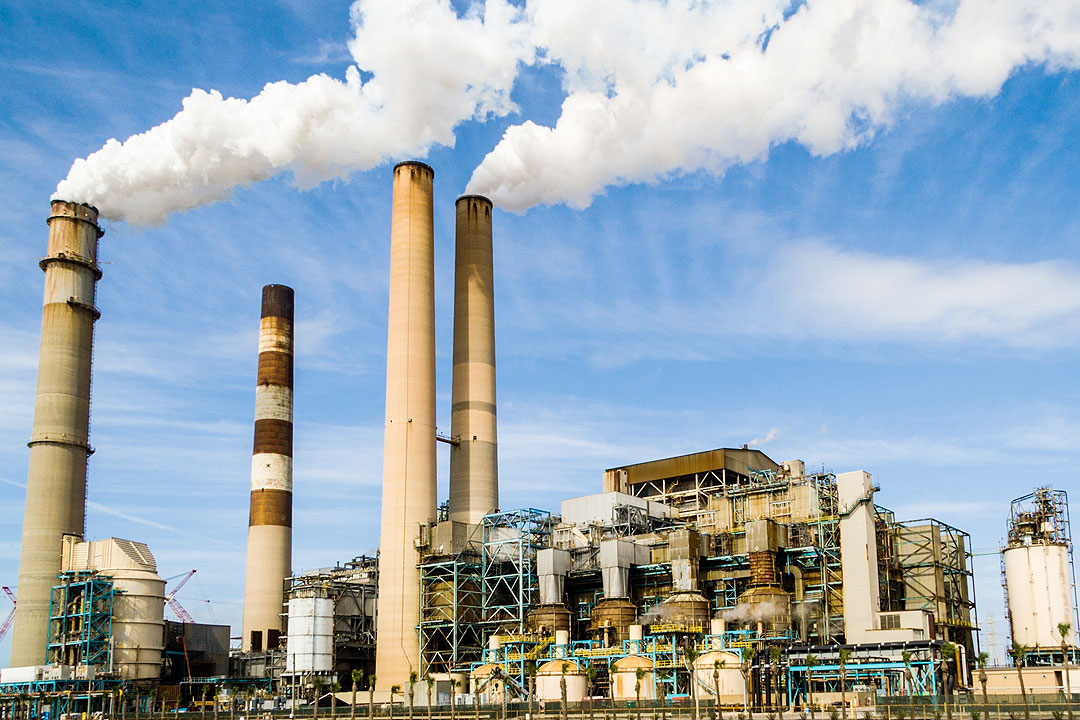Early coal-fired plant retirement seen significantly reducing PHL emissions
By Sheldeen Joy Talavera – January 18, 2024 | 9:30 am
from Business World

THE early retirement of coal-fired power plants could prevent 290 metric tons of carbon dioxide (MtCO2) from the Philippines’ annual emissions, a climate data advocacy group said.
“Coal plants coming offline in megawatts affect the overall stability of the system, at the expense of consumers and the economy,” Isabella Suarez, Southeast Asia lead at TransitionZero, said in a statement on Wednesday.
“The Philippines will need to make critical policy decisions for the early retirement of the coal fleet to be not only feasible, but imperative for businesses,” she added.
The non-government organization (NGO) said the volume of CO2 that will not be released as a result of plant retirements is equivalent to nearly double of the Philippines’ annual emissions which were at 155.38 MTCO2 in 2022.
However, buyouts for early retirement could cost between $19,198 per megawatt (MW) to $2.8 million per MW. There is a need for “clear policy direction” by incentivizing energy players on their move to early retire coal plants, it said.
“Amid high marginal abatement costs due to the country’s tariff structures, TransitionZero found early coal retirement by five years and replacement with renewables could be feasible with tailored deal structures, robust selection criteria, and incentives for early movers under the Philippine Energy Transition Plan (PETP),” it said.
The NGO warned that without early retirement, unabated coal will persist until 2051, raising stranding risks.
“Lack of abatement measures also exposes businesses to the risk of stranding due to changing regulatory, business, and political climate, while exposing consumers to the impacts of high coal prices,” TransitionZero said.
Coal accounts for about 60% of the Philippines’ energy mix, while renewable energy supplies about 22% of the total.
According to Energy Undersecretary Rowena Cristina L. Guevara early plant decommissioning and repurposing is one of the government’s energy transition strategies.
“It is impossible to do (decommissioning) alone, so we decided that we are going to concentrate on renewable energy. We’ll do it aggressively,” she said at a forum on Wednesday.
The government is targeting to increase the share of renewables in the power mix to 35% by 2030 and to 50% by 2040.
Ms. Guevara said the second round of the Green Energy Auction (GEA) Program is expected by the third quarter.
The capacity not awarded during the GEA 2 in July will be offered again. The DoE issued notices of award for 105 winning bids, covering projects generating 3,440 MW, well below the 11,600-MW capacity on offer.
The GEA program hopes to promote renewable energy as a primary source of energy through competitive selection.


